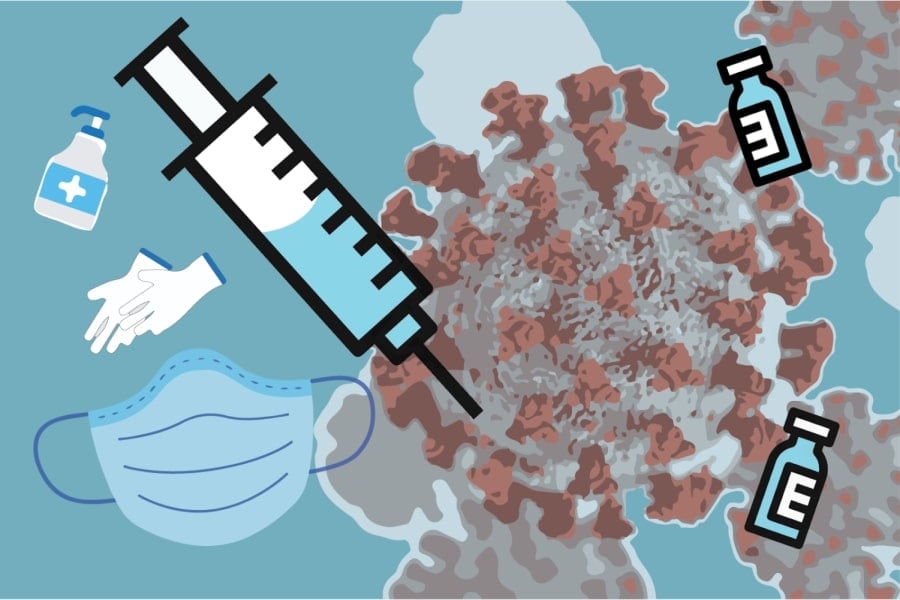The Advanced Research Projects Agency for Health awarded researchers at Northwestern and seven other institutions a $45 million grant to continue developing a small, implantable device that could detect and treat cancer, NU announced Tuesday.
The multi-institutional effort is funded by the agency, which aims to fast-track novel cancer technologies. The Biden-Harris administration recently pledged ARPA-H almost $115 million to support Cancer Moonshot objectives, which include preventing over four million cancer deaths by 2047 and improving the quality of life of those diagnosed.
The contract will support research and development of the device for five and a half years, according to a Tuesday news release from the University. The first four years will be dedicated to device development and animal models, with human clinical trials in ovarian cancer patients beginning in the fourth year.
The project is not just multi-institutional, but multidisciplinary — it involves engineers, physicians and specialists in synthetic biology, materials science, immunology, oncology, electrical engineering and artificial intelligence.
The device — one centimeter in diameter — will continuously adjust immunotherapy doses to monitor the cancer’s progression, personalizing a traditionally one-size-fits-all treatment approach in a new way.
“From a clinical perspective, this could be a game-changing approach to cancer therapy. It’s personalized, multi-modal and could improve access to care,” McCormick Prof. Jonathan Rivnay said in the release. “This concept of a regulated cell-based therapy also is exciting for other areas of medicine, and this project allows us to develop the toolbox of components needed to make it a reality.”
As a co-principal investigator on the project, Rivnay leads device development. His NU lab develops biocompatible electronics that produce and deliver molecules through living engineered cells. The implantable cancer device will take a similar approach.
Researchers say the device could reduce U.S. cancer-related deaths by 50% and improve outcomes for those with hard-to-treat diseases such as ovarian and pancreatic cancer.
“Sensing in the complex environments in the body is a well-known, challenging task,” Rivnay said in the release. “The Northwestern-led effort will tackle these challenges with the goal of stable and continuous monitoring of biochemical signals that will provide real-time readouts of cancer progression and therapy — rather than sparse snapshots that are more typical in current practice.”
Email: [email protected]
Twitter: @noracollins02
Related Stories:
— Northwestern exceeds $1 billion in 2023 research funding
— Northwestern researchers make breakthrough discovery in genetic factors of small-cell lung cancer



















